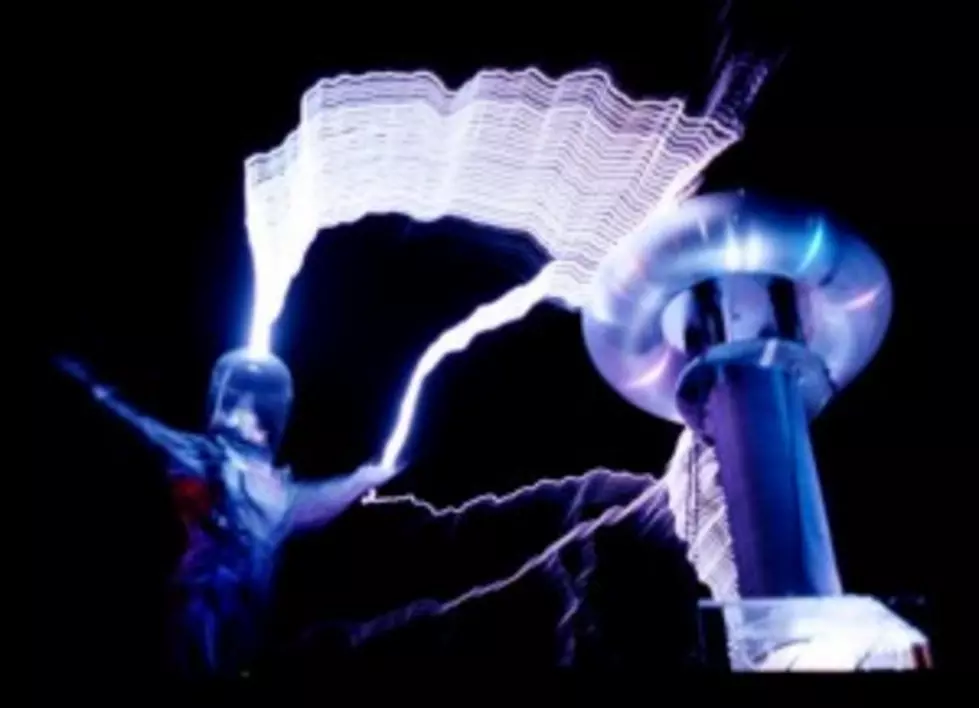
Shocking Truth About Cold Weather And Static Electricity
The thermometer is only showing a tiny bit of red at the bottom. The wheel on your electric meter is spinning out of control faster than Amanda Bynes. The air in your home is toasty warm and dry like your in-laws Thanksgiving turkey and then it happens. You lean over to give your sleeping beloved a goodbye kiss and pow! The sparks fly and light up the darkened room.
No, this isn't the spark of romance this is static electricity discharging from your lips to her cheek and she will let you know quickly that this is not how she wanted to be awakened. Static shock is one of the by products of cold weather in South Louisiana. It might be a by product of cold weather other places but I don't live there.
Why do we shock each other so much when the weather gets cold? It's not so much the cold as it is the dry. The heater in your home removes a very common component of the Acadiana atmosphere, humidity. Dry air is an insulator. So are rubber soled sneakers and many of the carpet fibers we have in our homes. We move along in the dry air building up an electric charge and when we find an object that is not an insulator, "boom goes the dynamite".
One of the best ways to avoid static shock in your home or around your office is to consider what you are wearing. Many of today's cold weather fibers that keep us warm without weighing us down are common culprits when it comes to kicking up the juice. You might also want to use a humidifier in your home. I know, adding humidity anywhere in South Louisiana just seems wrong doesn't it?
While static shocks usually aren't powerful enough to cause bodily injury they do hurt. They can also cause minor issues with home electronics. Here at the radio station a DJ full of static electricity can actually shut the station off just by touching the control board. I asked one of our engineers about that issue and his solution was "don't touch the board when you're full of static electricity".
Some other tips to minimize the discomfort of static shock include touching things with the back of your hand before you touch with your fingers. The back of the hand has fewer pain receptors than the fingers and you probably won't feel a thing. You might also touch the painted part of a wall before touching a door knob. The paint doesn't allow for the burst of electrical discharge like the metal doorknob will. If you work in an area where combustible vapors are present you really need to have special footwear and humidifiers running because that little spark that hurts just a little could to lead to a bigger boom as far as you are concerned.
Do you have any tips or tricks that you use to stop static shocks when the weather gets cold? We'd love to hear about them.
More From 97.3 The Dawg









